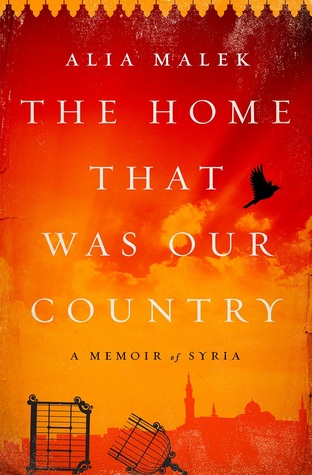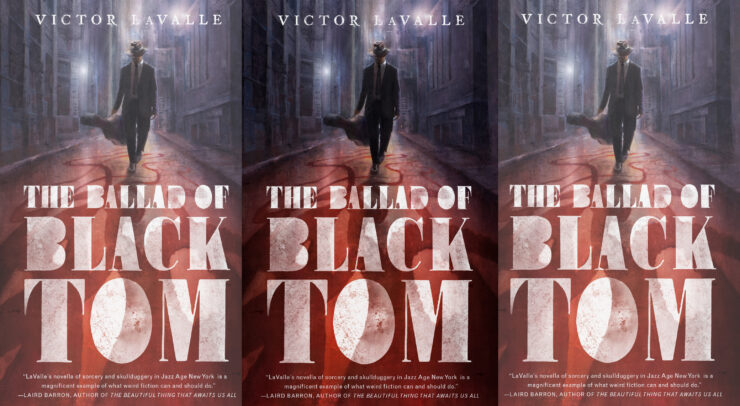A new memoir by Alia Malek traces the history of one matriarchal family through the long and complicated history of Syria in the twentieth century, as the lives and destinies of several women run parallel to that of the country itself.
Malek sets out to create an accessible narrative in her memoir, The Home That Was Our Country, which explains the complex and rich history and culture of her homeland through anecdotes of her maternal grandmother and mother as they make a name from themselves in the patriarchal, traditional society of 20th-century Syria.
Malek gives her readers an understanding of the diverse society her country once was. She paints a rich picture of Syria through the generations, expertly weaving historical information into her narratives while balancing it with personal stories of the women who came before her.
The memoir is easily read by someone with an interest in the Syrian revolution, but the book requires no more than basic knowledge of the country to be appreciated. If Malek accomplishes anything with her book, it is illustrating the complicated nature of revolution. There are few heroes or villains, just ordinary people trying to navigate a challenging world of political oppression and citizen suppression in order to survive.
Born in Baltimore to Syrian immigrants, Malek discusses her return to Syria in 2011 where she worked as a journalist undercover, writing anonymously in a number of publications including the New York Times. The Home That Was Our Country is among the first books written about the Syrian revolution in English, for a North American audience, by a Syrian. As an American-Syrian a woman from a Christian family, who lived a middle-class life in America before returning to Syria as an adult, she breaks the stereotypes stuck in the American psyche of poor refugees on boats in the Mediterranean.
The only flaw in Malek’s book is that she refrains from discussing the role of terrorism in the Syrian conflict. She recounts in detail the actions of the Assad regime and the Free Syrian Army, and in some parts she mentions al-Qaeda and a terrorist attack attributed to them, but she never speaks about the Islamic State. For a group that has become a major player in the conflict—and a large part of the global consciousness—Malek is strangely silent about it.
Despite this omission, Malek has managed to produce a brilliant book that deals with the grey areas of conflict. She acknowledges her own complicity in the regime’s actions, quoting the South African poet Breyten Breytenbach: “The two of you, violator and victim are linked, forever perhaps, by the obscenity of what has been revealed to you, by the sad knowledge of what people are capable of. We are all guilty.” Each day she walks past the secret police headquarters in her neighbourhood, turning her eyes and thoughts away from the people who are imprisoned and tortured in its haunting depths. Malek shows that a revolution and civil war are not black and white—instead it is a nuanced and complex mixture of sectarianism, historical grievances, and hope for a better future.
Malek has written a beautiful and heartbreaking memoir about a nation once diverse, tolerant, and peaceful, but now facing an unknown future. In the ruins of a shattered country, she leaves us with a powerful question: “Who will remember the Syria that was, and who will be there to greet its new dawn and dream it a better future?”





